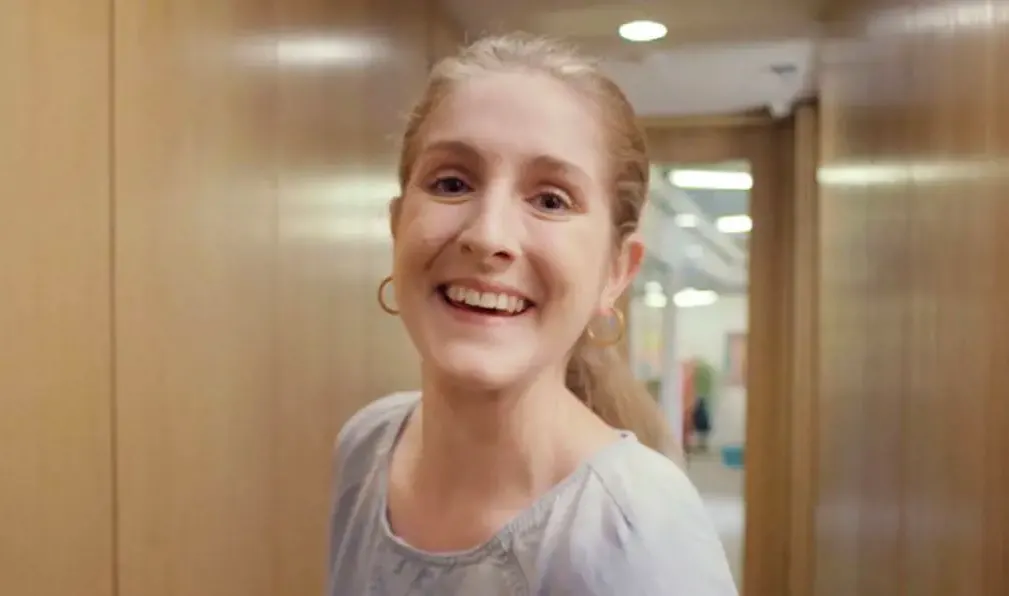In a rapidly changing world of work, it is key for learners to develop a lifelong learning mindset, so they can easily transition to new roles and adapt themselves to new technologies1. This blog aims to promote the benefits of developing a lifelong mindset for the future and offers educators suggestions for discussing it with their learners and links to further activities in the range of LifeSkills created with Barclays modules.
What is a lifelong learning mindset?
Having a growth mindset is about believing in self-improvement. To be a lifelong learner we need to have a desire to want to develop our knowledge and skills beyond formal education, to keep continuing to grow at any stage in life. This may prove to be a challenge for some learners who have, or are experiencing, barriers to learning and development, and educators may need to use a variety of activities and techniques to encourage risk-taking and boost self-confidence.
A lifelong learner takes a proactive stance- outlining areas for development can be explored, knowledge gained, and goals can be set; it’s about taking control of situations rather than waiting for something to happen.
What are the characteristics of a lifelong learner?
These are some of the traits that lifelong learners have:
- Commitment - Lifelong learning doesn’t necessarily mean non-stop learning but it’s a commitment to accepting new challenges and to keep learning until something is mastered.
- Resilience - Committing to lifelong learning can take hard work and it may not always work out. Sometimes barriers to learning and development may appear and it can be daunting for people to push outside their comfort zone for fear of rejection. The module Overcoming setbacks can help your learners to develop resilience and to learn from criticism and previous mistakes.
- Adaptability and flexibility - The skills that employers are looking for will keep changing. Being able to adapt to new ways of working and accept change within a role will increase people’s chances of finding and maintaining employment.
- Responsibility - A lifelong learning mindset means taking responsibility for our own future where possible. The module Understanding your zones of control gives educators ways of helping learners to see the positives of having control over their abilities to improve their lives.
- Initiative - Lifelong learners are proactive and seize opportunities for themselves. Whether this is taking advantage of training offered in the workplace or learning new knowledge and skills in their own time.
What are the benefits of a lifelong learning mindset?
Being open to growth can improve self-confidence and provide motivation for making positive changes. For some, this might mean looking for work in a different sector or even setting up their own business.
Furthermore, recent research[1] shows that being able to demonstrate a self-management skills when applying for jobs is something that employers value as much as soft skills; active learning is the second most desirable skill that employers look for in a candidate.
Educators can use the activities in the module How you can see the benefits of lifelong learning to help learners explore this topic further and understand the advantages of having a positive lifelong learning attitude.
Promoting a mindset for growth
Confidence building goes hand in hand with a growth mindset. The Feeling confident in employment module focuses specifically on increasing confidence in work and how having a growth mindset is one of the key factors for success. It includes tips and techniques such as helping learners to explore areas of their working life where their mindset is fixed but where they could apply a growth mindset instead.
You could also promote lifelong learning by encouraging your learners to:
- Reflect on the skills they have learnt throughout their lives.
- Understand how learning from situations that have gone wrong can be seen as something positive and how criticism can actually be useful and an opportunity to learn.
- Focus on effort made rather than on achievement.
- Keep goals fresh in their minds.
Goals for lifelong learning don’t have to be big, just achievable and linked to growth. Help your learners to identify manageable tasks such as asking their manager for a discussion around any opportunities that might be available to help them develop, completing a short online course, or attending a free digital skills session offered by the local library.
Some learners may feel the challenges of moving from a fixed mindset to one where they believe they can grow, but the benefits of lifelong learning in today’s workplace are clear when we consider how jobs are evolving.
Being agile in work is no longer just about taking our existing skills with us from one job to another. It’s about being able to keep upskilling and learning in a world that continues to evolve.
1 Top 10 Skills of 2025. 2020. The Future of Jobs Report. World Economic Forum









